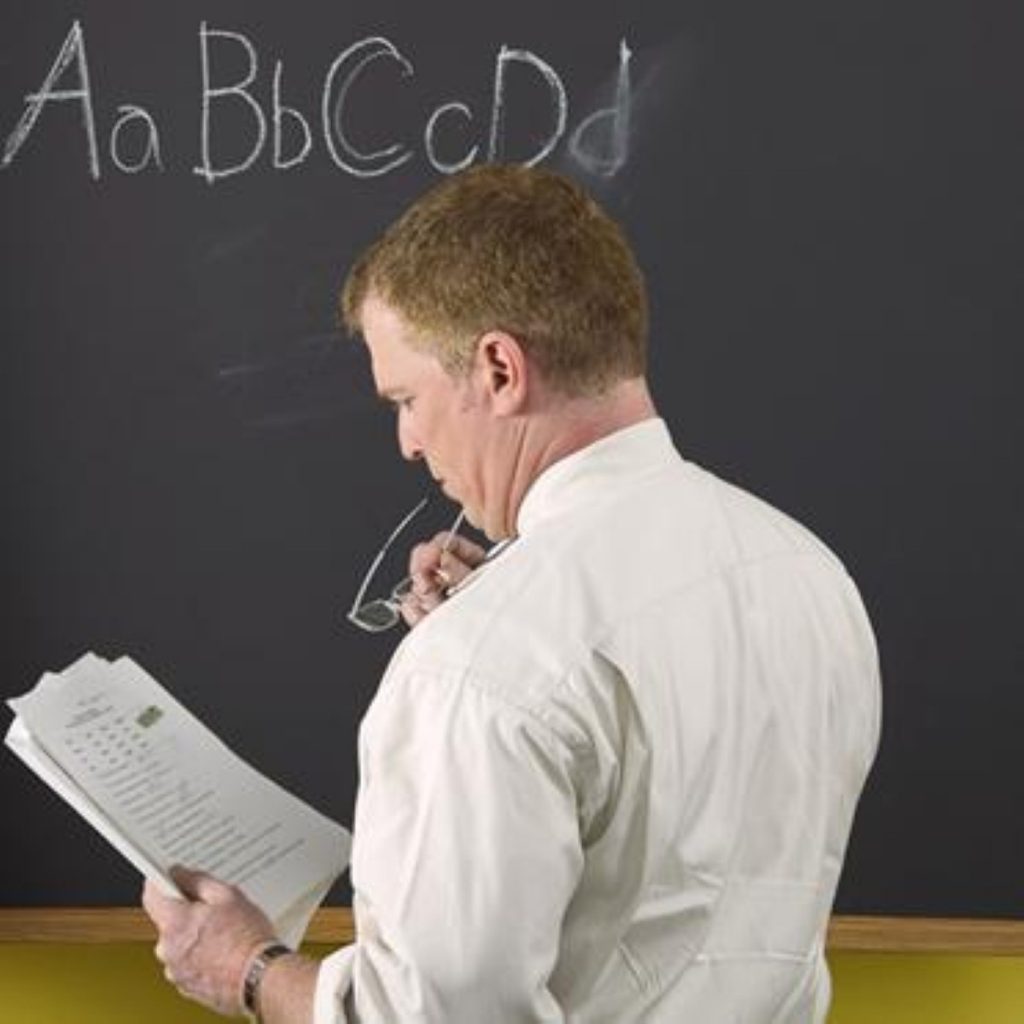Teachers get 2.45% pay rise
The government has awarded teachers a 2.45 per cent pay rise from September, above its two per cent target for the wider public sector.
Children, schools and family secretary Ed Balls said teachers were the “backbone of the education system” as he announced his acceptance of the school teachers’ review body’s (STRB) recommendations.
Teachers’ unions had been expecting the government to reject the STRB’s request and were prepared to initiate industrial action.
Instead many have welcomed the pay deal. John Dunford from the Association of School and College Leaders told the BBC he was “surprised and delighted”.


However, the possibility of strike action has not been completely obliterated.
The National Union of Teachers was under-whelmed by the offer, arguing it is effectively a pay cut due to the rising cost of living. Its executive will meet next week to discuss a “robust response”.
Chris Keates from the NASUWT union acknowledged: “Compared with other public sector workers, clearly we have fared well.”
The union will now poll its members to see if they are satisfied with the pay offer.
Under the pay settlement teachers will receive pay rises of 2.3 per cent in 2009 and 2010 after the 2008 2.45 per cent increase.
Those working in outer London will receive a minimum salary of £24,000 from this September while those starting in inner London will get £25,000.
Special educational needs allowances and teaching and learning responsibility payments are also due to increase by 2.45 per cent.
Mr Balls said: “We know that the most important factor in education, alongside the input of parents, is the quality of teachers. I believe we have a world-class workforce that is improving all the time.”
He added the three-year pay settlement was the first since the government announced plans to extend the length of its pay deals earlier this month.
The Liberal Democrats have welcomed the government’s decision to follow the recommendations of the independent pay review body.
Economic affairs spokesman Vince Cable said: “If the government approached the issue of police pay in the same spirit, rather than looking for a fight with a group of public sector workers who can’t go on strike, a lot of strife could have been avoided.”
Chancellor Alistair Darling and Gordon Brown had argued increasing the duration of pay settlements from one to three years would give workers greater stability, allow government departments to budget better and help keep inflation under control.
“Today’s pay award will enable teachers and schools to plan ahead with a greater degree of security and certainty and at the same time will help deliver stability for the taxpayer and the wider economy,” Mr Balls added.
Teachers have enjoyed a ten per cent pay increase in real terms since 1997, the minimum starting salary for those in England and Wales rising from £14,280 to £20,133 last year.












